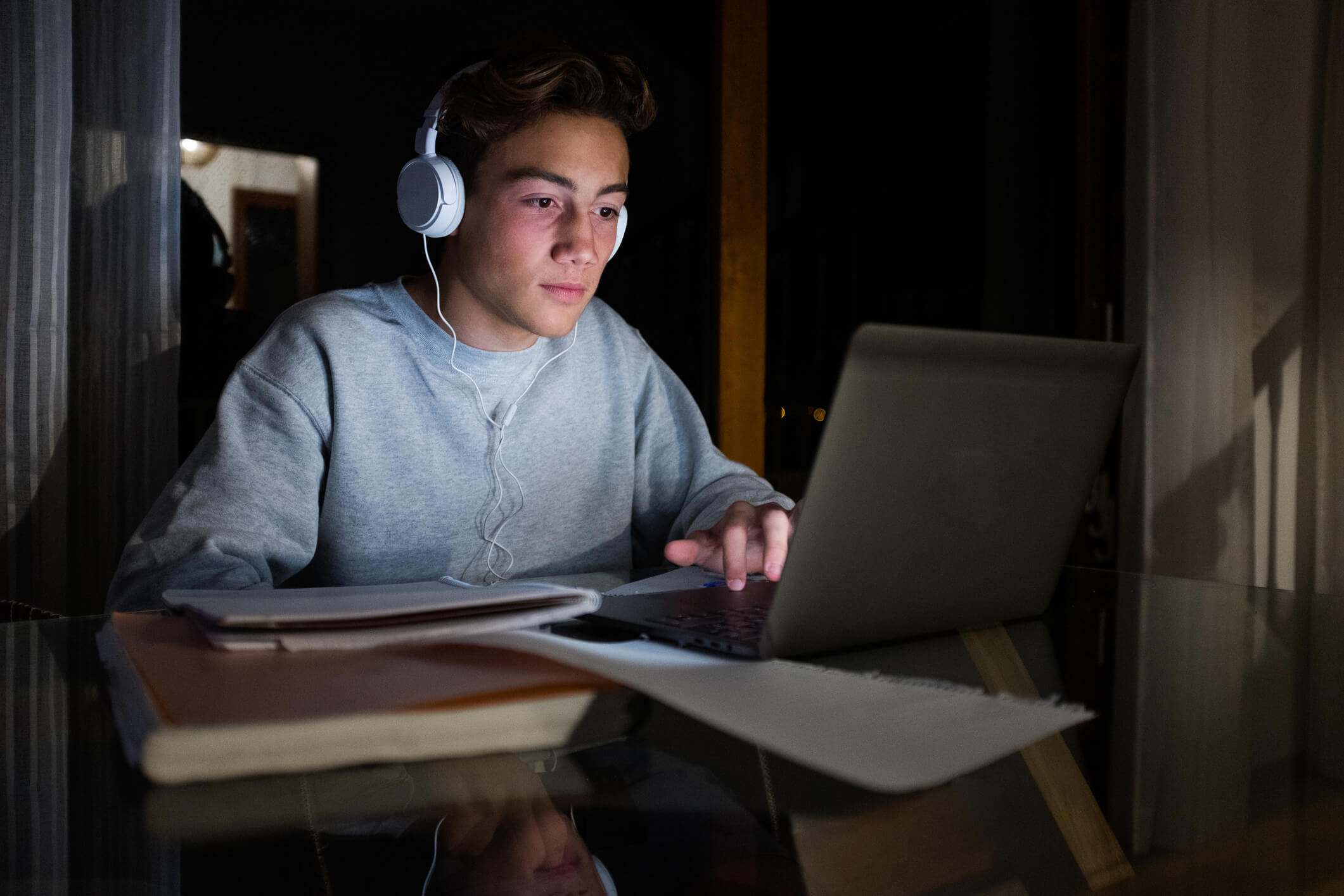The Internet is a vast and powerful tool aiding kids in education, social engagement, and entertainment. The size of the Internet coupled with the diversity of resources results in a highly profitable tool. However, even as a simple tool like a hammer can be misused, the Internet can be used inappropriately.
Like any tool, the person using the Internet must be taught how to wield it effectively, or it will end up causing more harm than good. Understanding the potential for the Internet’s misuse is a great place to start. The following five potential dangers of the internet are some of the most devastating harms of the Internet.
1. Cyberbullying
Anonymity and the lack of face-to-face interaction afforded by the Internet combine to form a cyberbullying setting. Caustic, rude, and downright nasty remarks fly unabatedly in the faceless digital world. The anonymity afforded by the Internet means that insults can be flung without anyone knowing the insulter. The lack of face-to-face interaction results in those posting the hurtful comments never experiencing the response of the individual they harm. Social networking sites like Facebook and YouTube are particularly replete with damaging firestorms of insults. (Read more on the prevalence of cyberbullying.)
2. Online Predators
Perhaps the most devastating Internet danger, online predation usually involves an older male grooming a vulnerable child for months, showering her with praise, gifts, and affirmation. Usually the older male is completely open about his age, but preys on the insecurities of the girl to convince her that he truly cares for her. Then, after the girl is enraptured with the man, he convinces her to meet him for sex. Typical cases involve them meeting multiple times, and when found out, the girl often does not cooperate with the authorities. The initial contact and most of the grooming is typically done through social networks and online chat rooms. According to a study done by the Crimes Against Children Research Center, the children who are most susceptible to this sort of manipulation are those who have been sexually abused, engage in risky behavior on- or off-line, frequently chat online with strangers, do not have healthy relationships with their parents, or are boys questioning their sexuality.
3. Inappropriate Content
Whether it is pornography, lewd music, obscenities, or any other type of influence which parents wish to shield their children from, the Internet is a door to any content imaginable. Many parents will not let their children watch an R-rated movie. However, they don’t realize that YouTube’s Most Watched video section contains just the sort of obscenities which they want to protect their children from. While YouTube does not contain explicit pornography, a two-second Google search by a curious child is all that is needed to explore a perverted underworld of filth and grotesque imagery.
4. Damaged Reputations
Mobile devices with cameras which allow instant sharing across social networks means that untrained children can easily post images or other content which will haunt them for a long time. The worst type of scenario is when an untaught child does not realize the indecency of sending a revealing text or picture to someone of themselves to a friend. That person can then send the picture on to everyone on his or her contact list, spreading it like wildfire. Additionally, where gossip and slander used to require one child to whisper into the physical ear of another, defaming a peer is made immeasurably easier by the Internet.
5. Excessive Gaming
While the occasional game in moderation is not necessarily harmful, children are prone to spend hours upon hours on immersive, interactive, and social online games. From World of Warcraft to Facebook’s Farmville, online games are notoriously addictive. Training children to fulfill their responsibilities before gaming is an excellent first step in raising them into a responsible adult.
The Internet is at the same time a tremendously useful, tremendously dangerous tool. It would be foolish to allow children to use a hammer, chainsaw, or lawnmower without first instructing them on how to use it and warning them of the potential dangers.
Similarly, the use and dangers of the Internet should be clearly articulated to children. Neglecting such instruction would leave children unnecessarily vulnerable to the dangers of the Internet.










really inspireing
Thanks this has helped me in IT. :) ???
really inspireing
this was a really helpful website for revision
this helped me in ict thanks g xx